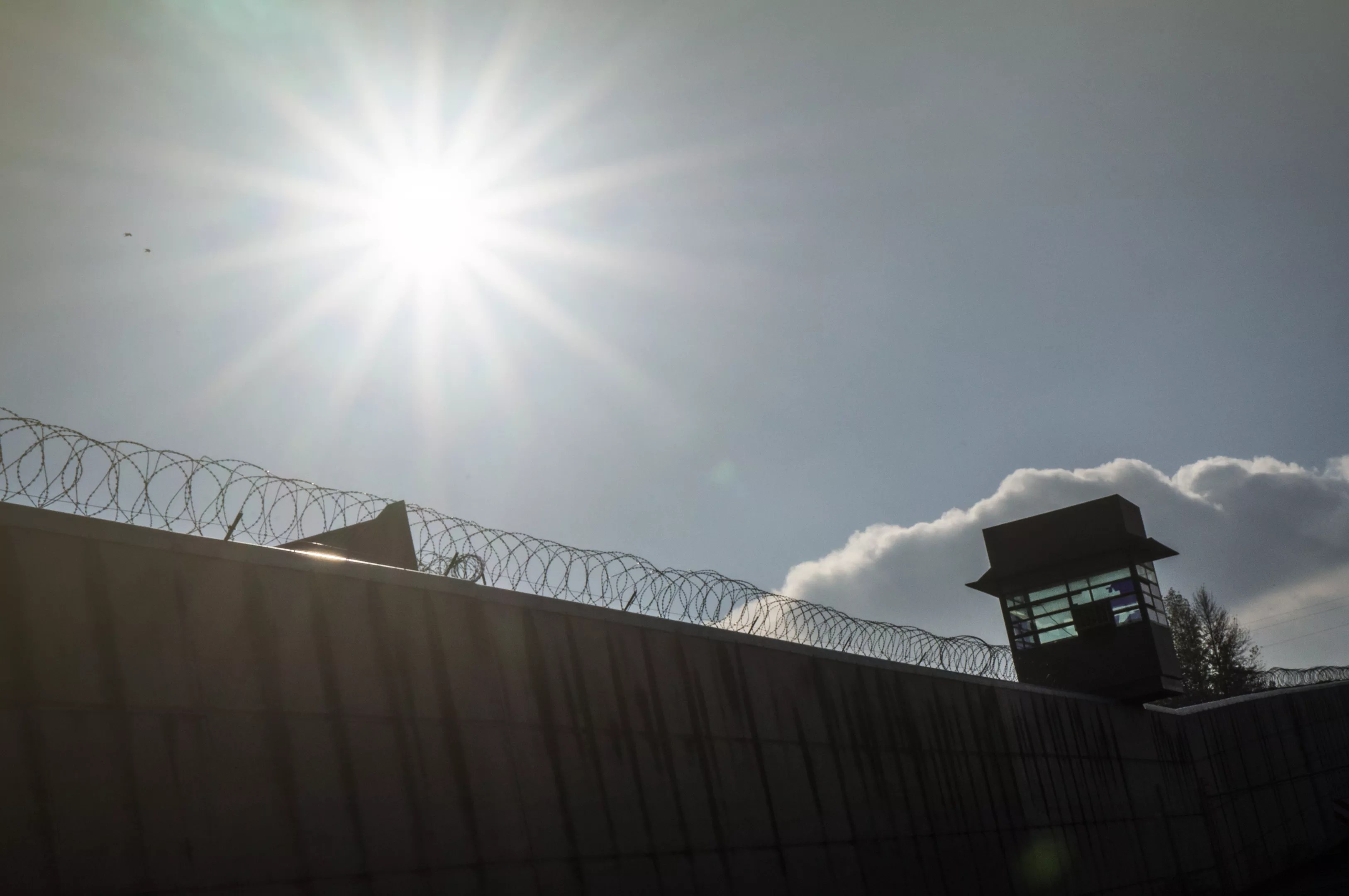
Photo by Antonio Garcia Recena/Getty Images

Audio By Carbonatix
It’s been the hottest summer on record in cities across Florida and beyond. Average global temperatures reached unprecedented levels, and Miami followed suit, topping a heat index of 100 degrees every afternoon for 46 straight days, a streak that shattered previous records.
Families of those jailed in Florida prisons have been protesting the facilities’ lack of air conditioning for years, but the record temperatures have reignited the debate over whether AC-less incarceration in the Sunshine State amounts to cruel and unusual punishment.
Activists and inmates’ relatives plan to gather outside City Hall in Orlando around 11 a.m. on August 26 to bring attention to the issue – what they describe as an ongoing “heat crisis” in the state’s mostly AC-less prisons and jails. Prison reform advocate Connie Beroth Edson, who is organizing the rally, says the scorching conditions in state correctional facilities warrant an emergency response in the statehouse.
“We want legislators to be humane and fund the AC program to all facilities now, not next session,” Edson said in a press release.
“We are reaching a heat index well close to 110 degrees in some of these facilities,” Edson told New Times last month. “This is a crisis, and this is something that needs to be looked at right now.”
Last month, New Times spoke with several people whose loved ones have endured extreme heat inside state prisons this summer. One woman said her boyfriend described feeling “cooked” alive in his prison unit. Another prisoner relayed that he was so drenched in sweat and afflicted by the heat that he could not sleep most nights.
While Florida’s newer prisons are designed with AC, many facilities were built before air conditioning became commonplace. Today, only about one-fourth of the housing units in Florida prisons have AC units, many reserved for sick, mentally ill, pregnant, and geriatric inmates. Less than half of the state’s 50 large-scale prison facilities have dorms that the department describes as “mostly air-conditioned.”
The Florida Department of Corrections (FDC) confirmed last August that Lowell Correctional Institution – the largest women’s prison in the state – had begun a long-term pilot program testing out cooling units at the facility. The project, tracked by Edson, is deploying “portable evaporative air coolers,” a low-cost alternative to the refrigerant-based air conditioning used in traditional window-mounted and central AC systems.
“FDC is closely monitoring their performance to ensure that they effectively cool the environment while keeping inmates and staff safe,” the department previously told New Times.
However, according to Edson, lack of funding from the state has hampered the program’s prospective expansion.
This past legislative session, Florida passed a bill that increased the cap from $2.5 million to $32 million on the Inmate Welfare Trust Fund. The fund, generated from canteen sales and telephone commissions, is meant to benefit Florida prisoners.
Edson says not a dime was allotted for air conditioning or coolers.
She worries that while money might be allocated toward vital programs like educational services and substance abuse treatment, few people will want to staff the programs in a facility lacking air conditioning. In recent years, state prisons have been dealing with severe staffing issues and attrition among correctional employees, partly owing to the dilapidated conditions in aging prisons.
“Legislators allocated money for programs,” Edson said in the media release. “However, if we don’t have the staff or volunteers to oversee these programs, it won’t happen.”
Earlier this year, State Rep. Dianne Hart of Tampa filed a bill (House Bill 357) to require prison units to have air conditioning or cooling systems. Existing units that are incompatible with AC or cooling system installation would have been required to have exhaust fans and air circulators. The bill died in the legislature in May.
The cost for an evaporative cooler ranges from a few hundred to more than $6,000 on the retail market, depending on the size and efficiency of the unit. Installing a few swamp coolers at each Florida Department of Corrections’ AC-lacking correctional institution could cost several hundred thousand dollars. A more extensive project to install multiple, high-quality coolers in each facility could run into the millions, though the expense would be a small fraction of central-AC installation.